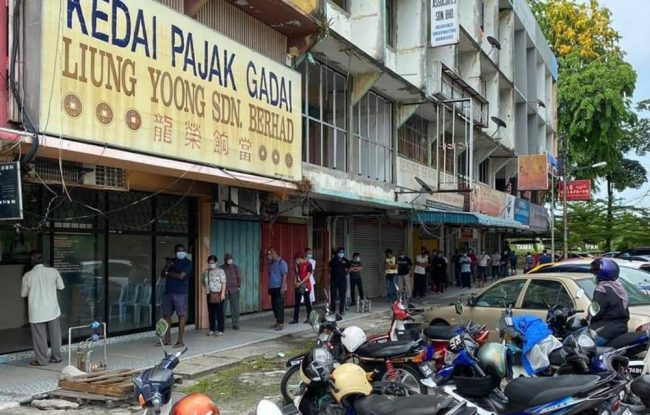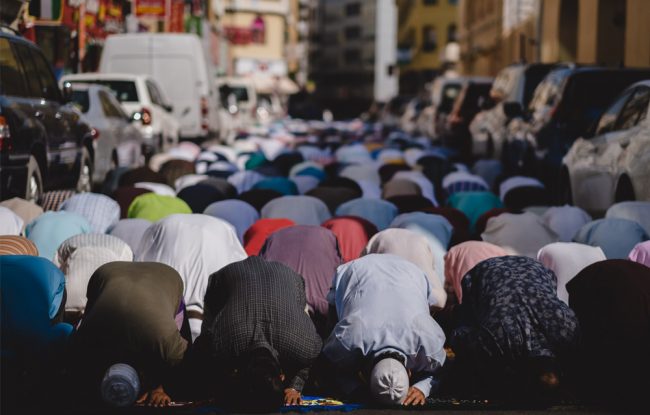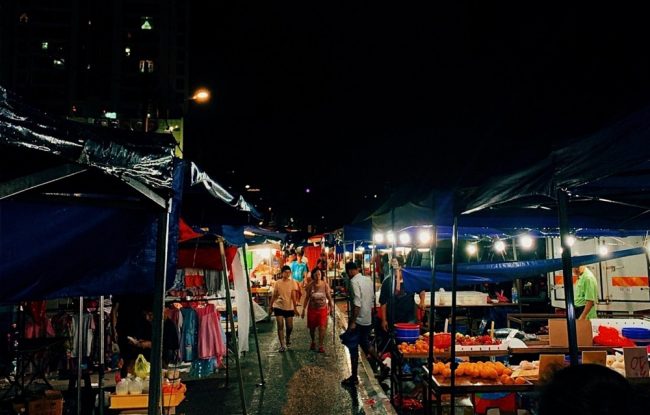The dates of the 14th General Election have finally been announced and with it, big promises come to the fore. Some questions regarding Preventing/Countering Violent Extremism (P/CVE) have been brought up in parliament but the general discourse of P/CVE is still somewhat overlooked. Now, when politicians are eager to listen to the public, is a good time to discuss P/CVE more productively.Effective and sustainable P/CVE programmes are essential to addressing violent extremism issues and preventing them over the long-term. Governments cannot do this work alone, but should pursue a “whole of society” approach that includes civil society and other local actors. Because P/CVE is an individual psycho-social process that requires the engagement and involvement of local communities, families, and other supportive social networks, non-state actors have a unique contribution to make. Non-state actors also often have the trust of and access to the affected individuals and communities in ways that government officials do not.
Throughout our collaboration with a network of P/CVE practitioners around the world, we have compiled a list of recommendations that we wish the next Malaysian government will fulfill.
Firstly, with input from local CVE practitioners, CSOs, local communities, and other stakeholders in CVE, Malaysia should craft its own national action plan on P/CVE. Current action taken by the state are based on mandates from other countries. Instead, Malaysia needs to develop an action plan that is bottom-up and takes into consideration the nuances and complexities of violent extremism in this nation. From this action plan, the new government should be prepared to develop a set of mechanisms (both legal and operational) for the rehabilitation of violent extremist offenders (VEO), returnees, and deportees.
Secondly, the new government should acknowledge the role non-state actors can play in CVE efforts. Non-state actors, such as civil society organisations (CSO), can contribute in all aspects of CVE, including preventive programmes and rehabilitation and reintegration (R&R). Borrowing from post-conflict rehabilitation and reintegration work in the Sahel, East Africa and other parts of Southeast Asia, there is evidence that CSOs are uniquely positioned to engage in community-based R&R programmes. In particular, they are useful in aspects of R&R that complement traditional justice mechanisms, such as community healing and reconciliation programmes and interfaith dialogue, as these initiatives benefit from CSOs’ informal nature and roots in customs and traditions.
Next, we recommend that the government be open to collaborate with non-state actors like CSOs and other relevant community-based stakeholders in the design and implementation of P/CVE programmes. For example, the Nigerian government has published its Policy Framework and National Action Plan for Preventing and Countering Violent Extremism, which was developed in close consultation with CSOs and other community stakeholders in the country. This kind of collaboration provides a unified direction and coordination for various initiatives to effectively address violent extremism and its related issues. To that end, the next government should be open to sharing information with non-state CVE practitioners in a way that is productive and enhance national security. This can be done by conducting and sharing assessments of the numbers and profiles of VEOs, returning foreign terrorist fighters, and others groups associated with or affected by terrorism.
Along the same lines, our fourth recommendation is to involve local communities in the development of P/CVE programmes and R&R initiatives. It is paramount to actively engage with local communities as they are directly impacted by VEOs, returnees, and deportees. Local communities provide the backbone for effective P/CVE efforts on multiple levels:
- Reducing stigmatization of returnees which would foster successful reintegration of former VEOs into the community.
- Avoiding potential grievances by making sure recipient communities’ needs, concerns, and fears are taken into account so as to mitigate possible tension and community discord.
- Gleaning insights to ensure tailored programming which fulfills the particular needs and requirements of individuals affected by violent extremism and are in line with on the ground realities.
- Providing services, such as assisting in finding employment for released VEOs, guidance, and a network to help VEOs reintegrate.
- Working with existing justice mechanisms whose interventions can be successful with the help of local communities to provide and support guidance where needed and appropriate.
In order to achieve this, the next government should relax laws and regulations that prohibit non-state actors to get involved in the P/CVE process. Laws such as Prevention of Terrorism Act (POTA) and Security Offences (Special Measures) Act 2012 (SOSMA) limits possible action taken by non-state actors in issues of P/CVE. It puts entities such as CSOS, local communities, and other groups with capacity to facilitate and manage CVE-related programmes in a precarious position to intervene when they are needed.
The next government must be steadfast in ensuring that the target audience for R&R programmes reflects the wide range of groups associated with and affected by violent extremism. For the most part, violent extremism is seen as a men’s issue, leaving other groups to the wayside in terms of interventions and initiatives. It is shown that families of VEOs, particularly their wives, are the missing link in the rehabilitation and reintegration quotation despite being in a position to break the cycle of violent extremism. Therefore, it is not only the VEOs that we must focus our efforts into, but also the wider network of people who are associated with and affected by violent extremism.
As with the groups, the initiatives developed for P/CVE must also address a wide range of needs, including psychological, vocational, financial, educational, legal, religious, and communication aspects of both those receiving and those facilitating R&R. The R&R process must be seen holistically and take into account all aspects of the VEOs and the people carrying out the programmes. For example, the Indonesian Institute for Society Empowerment (INSEP) has implemented a programme on increasing religious leaders’ participation in the deradicalisation and reintegration of former VEOs. In focusing on this specific constituency, INSEP has managed to tailor their approach, tools, and engagement to particular needs of religious leaders and thus obtain greater ownership of existing R&R programmes as well as develop and implement their own ones. In order for these various needs to be met adequately, specific and sufficient training in each of these aspects must be provided for frontline staff in P/CVE working in R&R efforts.
Lastly, the next government needs to be open to re-evaluating indicators for success of P/CVE and rehabilitation and reintegration. Indicators must focus on the well-being of the recipients of R&R programmes. It cannot only be based on the number of attacks or VEOs caught. Evaluations must be rooted in how well VEOs are integrated within the communities that they eventually settle into and their actual ideological leanings and propensities for violence.
It is important to remind ourselves that P/CVE as well as R&R require collaboration from all members of society. It is not only the responsibility of government or authorities; each of us plays a crucial role in maintaining and promoting social cohesion and inclusivity – the remedy for any form of extremism.
Elida Izani is the Programme Executive at IMAN Research.
This is the opinion of the author and does not necessarily represent the views of IMAN Research.




